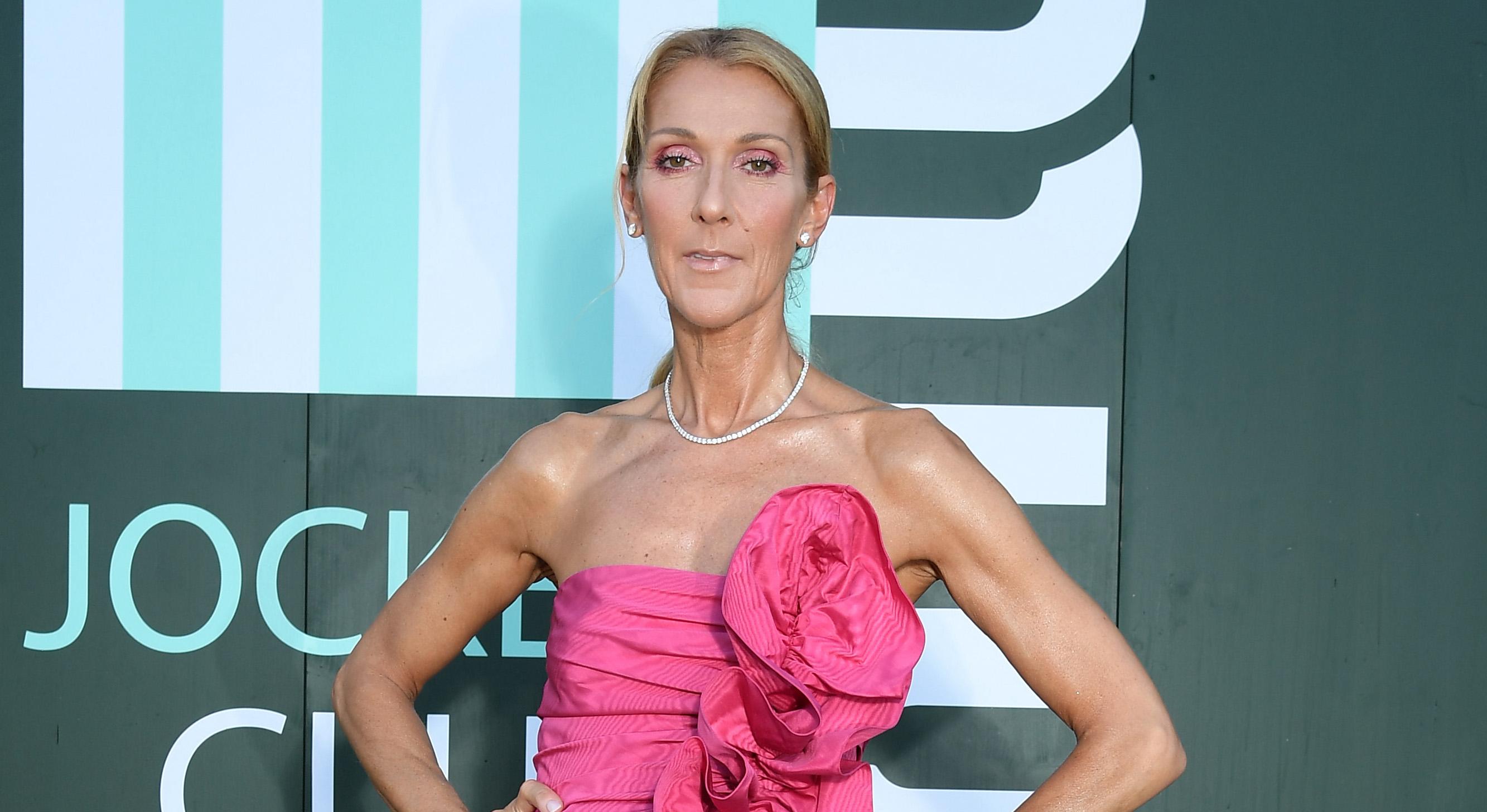Celine Dion’s Illness: Stiff Person Syndrome

Stiff Person Syndrome (SPS) is a rare neurological disorder that affects the central nervous system. It is characterized by progressive muscle stiffness and spasms, which can be extremely painful and debilitating. The condition is caused by an autoimmune reaction, in which the body’s immune system mistakenly attacks its own healthy tissue.
SPS is a rare condition, affecting approximately one in a million people. It is more common in women than in men, and typically develops between the ages of 30 and 60.
The symptoms of SPS can vary in severity, but typically include:
- Muscle stiffness and spasms, which can be triggered by cold temperatures, stress, or certain movements
- Painful muscle contractions
- Difficulty walking or moving
- Speech problems
- Anxiety and depression
SPS is diagnosed based on a physical examination and a patient’s medical history. Blood tests and imaging tests may also be used to rule out other conditions.
There is no cure for SPS, but treatment can help to manage the symptoms and improve quality of life. Treatment options include:
- Muscle relaxants
- Anticonvulsants
- Immunosuppressants
- Physical therapy
- Occupational therapy
With proper treatment, most people with SPS can live full and active lives. However, the condition can be progressive, and some people may experience worsening symptoms over time.
Medical History and Progression of the Illness
What illness does celine dion have – Celine Dion’s medical history with Stiff Person Syndrome (SPS) can be traced back to the early 2000s, when she first experienced muscle stiffness and spasms. Over the years, her symptoms have progressed, leading to significant health challenges and affecting her ability to perform and engage in daily activities.
Timeline of Celine Dion’s Medical History with SPS
- Early 2000s: Dion first experiences muscle stiffness and spasms, particularly in her legs and back.
- 2007: She undergoes surgery to remove a benign brain tumor, which was initially suspected to be the cause of her symptoms.
- 2011: Dion is officially diagnosed with SPS, a rare neurological disorder characterized by muscle rigidity and spasms.
- 2014: Her symptoms worsen, leading to the cancellation of her Las Vegas residency and world tour.
- 2016: Dion resumes performing, but her concerts are often shortened due to the limitations imposed by SPS.
- 2022: She announces that she will be postponing her upcoming European tour due to ongoing health issues related to SPS.
Progression of Symptoms and Impact on Health, What illness does celine dion have
As SPS progressed in Celine Dion’s case, her symptoms became more severe and debilitating. The muscle stiffness and spasms gradually spread to other parts of her body, including her arms, neck, and jaw. She also experienced difficulty walking, maintaining balance, and speaking clearly. The condition significantly impacted her daily life, making it challenging for her to perform basic tasks and engage in activities she once enjoyed.
Potential Risk Factors and Triggers
The exact cause of SPS is unknown, but several risk factors and triggers have been identified. These include:
- Autoimmune disorders: SPS is often associated with autoimmune disorders, such as lupus and rheumatoid arthritis.
- Trauma: Physical or emotional trauma can trigger the onset of SPS in some individuals.
- Certain medications: Some medications, such as antidepressants and anticonvulsants, have been linked to the development of SPS.
In Celine Dion’s case, it is unclear what specific factors or triggers may have contributed to the development of SPS. However, it is possible that a combination of genetic susceptibility and environmental factors played a role.
Comparison to Other Neurological Conditions

Stiff Person Syndrome (SPS) shares similarities with other neurological conditions, making differential diagnosis crucial. Understanding these conditions’ differences aids in accurate diagnosis and appropriate treatment.
The following table compares SPS to similar conditions, highlighting key aspects such as symptoms, diagnosis, and treatment approaches:
Differential Diagnosis
Differentiating SPS from other neurological conditions involves a comprehensive assessment of symptoms, physical examination, and diagnostic tests. Neurological examination, electromyography (EMG), and blood tests can help identify specific patterns and rule out other conditions.
Research and Advocacy Efforts: What Illness Does Celine Dion Have
Ongoing research and clinical trials aim to improve understanding and treatment of Stiff Person Syndrome. Organizations and foundations play a crucial role in raising awareness, supporting patients, and advocating for research funding.
Clinical Trials and Research
- Several clinical trials are investigating new therapies, including immunomodulatory drugs, targeted therapies, and stem cell therapies.
- Research focuses on understanding the underlying mechanisms of the disease, identifying biomarkers for early diagnosis, and developing personalized treatment plans.
Organizations and Foundations
- The Stiff Person Syndrome Foundation provides support, resources, and advocacy for patients and families affected by the condition.
- The National Institute of Neurological Disorders and Stroke (NINDS) supports research and clinical trials related to Stiff Person Syndrome.
- Other organizations, such as the American Autoimmune Related Diseases Association (AARDA), also raise awareness and provide support for patients.
Celine Dion’s Advocacy
Celine Dion has been an active advocate for Stiff Person Syndrome awareness and research. She has used her platform to share her personal experience with the condition and raise funds for research.
